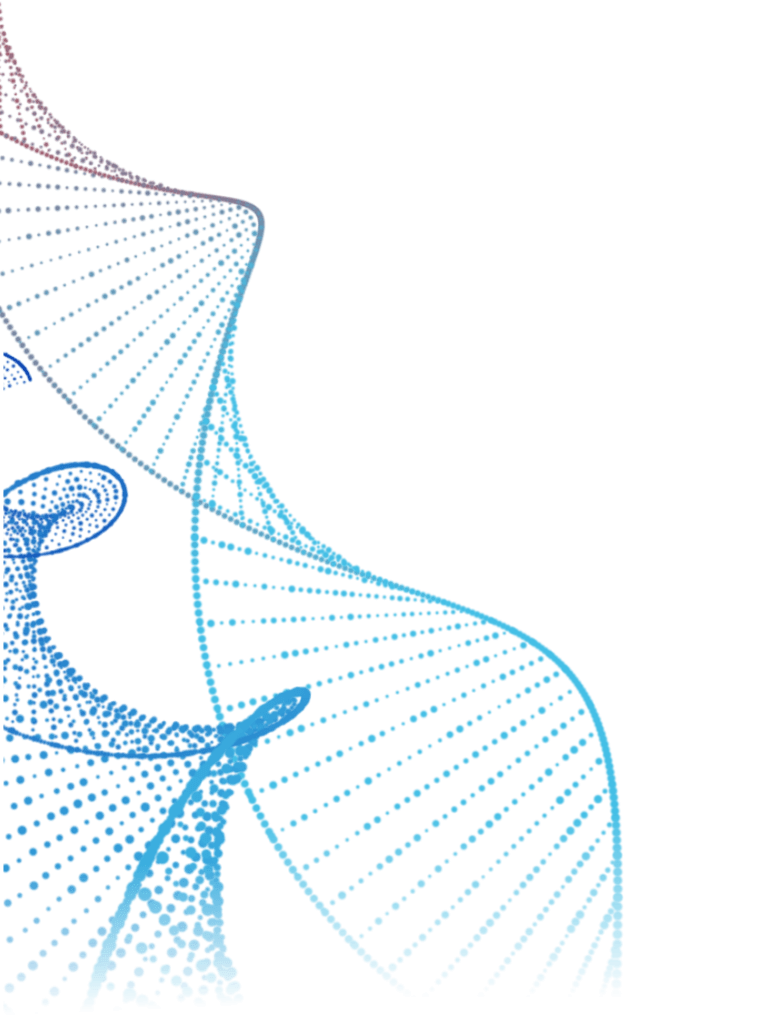science

Cure on the horizon: Cell and gene therapy
For the first time, the promise of lasting remission for a few cancers such as leukemias and lymphomas, as well as genetic disorders is on the horizon. Cell and gene therapies could provide lasting cure by either rectifying genetic deficiencies that cause disease or, through genetic engineering, modify healthy immune cells to target cancerous cells smartly. Cell and gene therapies could thus restore the body to its disease-free state in the case of simple genetic diseases or enhance the immune system to target abnormal cells as with cancer.
Cellular immunotherapies: Living drugs
The immune system is the body’s natural defense against infections and old or abnormal cells including those that make up cancer. Cellular immunotherapy strategies utilize immune cells from the patient (or donor) that are then genetically altered, outside the body (ex-vivo), and re-infused into the patient. Since live cells are re-engineered to fight the disease, cellular immunotherapies are considered ‘living drugs’. These therapies have the potential to address complex conditions previously considered untreatable.
Lymphocytes, a type of white blood cells, is emerging as the cornerstone of cell-based immunotherapies.
Currently cell-based immunotherapies that are currently being evaluated in the fight against cancer seek to utilize:
- Tumor-Infiltrating Lymphocytes
- Engineered T Cells with modified T Cell Receptors (TCR) or Chimeric Antigen Receptor
- Natural Killer (NK) Cells
- Monocytes
How living drugs are made
In cell therapies, the patient or donor cells are collected and processed in specialized labs. Here, they are genetically engineered to identify and kill tumor cells.
The cells are grown in number, formulated and re-injected into the patient. The patient now has an army of weaponized T cells with enriched responses that can seek and destroy cancer cells.
The cell therapy advantage
Immuneel’s R&D roadmap
As we seek to disrupt cancer care in India, our immediate focus is to treat blood cancers. Immuneel’s first investments in the cell therapy platforms are on autologous CAR-T cell therapies which have shown promising results in patients.
Our first set of development programs are CAR-T cell therapies targeting single and dual receptors for adult lymphomas, adult leukemias and childhood leukemia, in patients who have failed existing therapy.
Our Research & Development center is recognized by DSIR (Department of Scientific and Industrial Research, Government of India).
CAR-T cell therapy: The current frontier of cell therapies
CAR stands for Chimeric Antigen Receptor; the T refers to T cell, a type of killer cell in the immune system.
Normally, T cells have receptors on their surfaces which can detect and attach to any disease cell and kill it. However, in cancer, tumor cells can escape detection by T cells and proliferate.
In autologous CAR-T cell therapy, the patient’s T-cells are extracted, genetically modified and re-injected. These genetically modified cells can be programmed to express new receptors on the cell surface and/or be activated to recognize markers on the cancerous cell allowing them to bind to the cancer cell and kill it.
These genetically modified cells combine both antigen-binding and T cell activating functions through a single receptor.
Collaborating globally to advance our research
Immuneel is committed to continue its development efforts into next generation cellular immunotherapy platforms and technologies aimed at various cancers and other rare diseases.
We are collaborating with our partners globally on targets beyond lymphomas and leukemias, platforms beyond autologous therapies, towards advancing technology in construction design, and building more efficiency in process development, manufacturing and delivery to provide affordable solutions.
Our collaborations will enable our mid to long term pipeline delivery.
Immuneel is currently focused on treatments for leukemias and lymphomas. It aims to develop cell therapies for other diseases like solid tumours as well.
Current treatments like CAR-T are autologous—a personalised treatment, made by weaponizing the patient’s own immune cells. In the future, the aim is to make available a non-personalised, off-the-shelf version of cell and gene medicines. Called allogeneic, they will use human immune cells, but not the patient’s own.
While CAR-T can revolutionise cancer treatment today, it also opens the door to other cell and gene therapies, which harness the body’s cells to combat disease. Innovation will aim to improve every aspect of the treatment: the cells targeted, the modifications we design and the methods of delivering curative cells.

